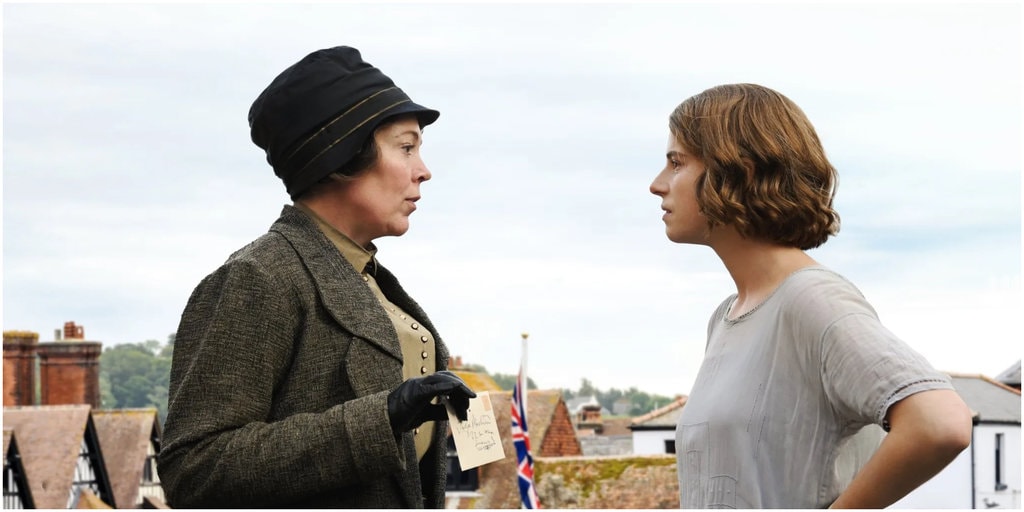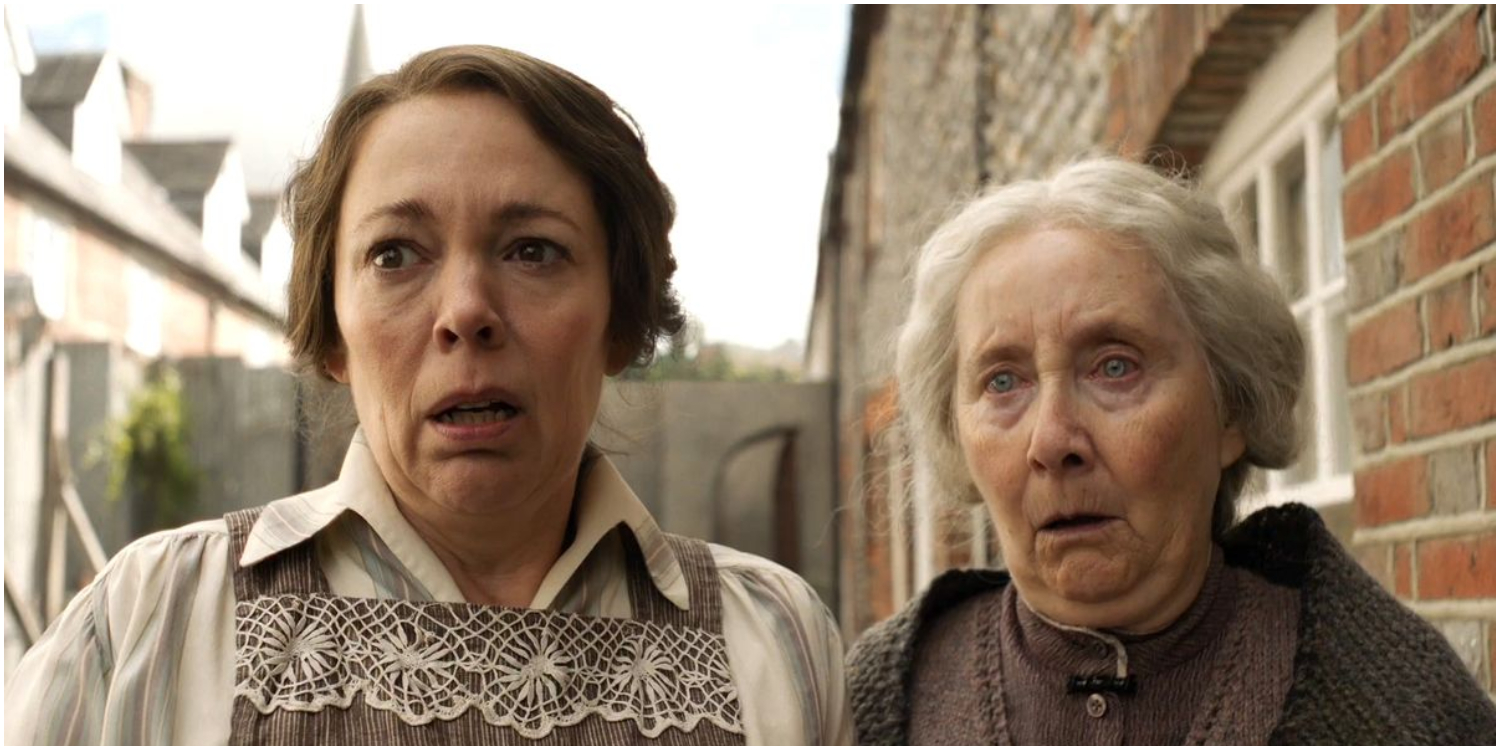Getting to the Bottom of “Wicked Little Letters
Wicked Little Letters has captivated audiences with its gripping narrative, prompting many to wonder whether it is based on a true story. This intriguing tale follows the journey of Rose Gooding, a young woman who finds herself entangled in a web of deception and danger after receiving a series of mysterious letters. While the story’s premise may seem too fantastical to be true, it is indeed inspired by real events that unfolded in the life of Rose Gooding.

Rose Gooding’s story begins with the discovery of a cache of letters hidden within the walls of her family home. These letters, penned by a mysterious stranger, reveal shocking secrets and dark truths that threaten to unravel Rose’s world. As she delves deeper into the mystery surrounding the letters, Rose finds herself drawn into a dangerous game of cat and mouse, where the stakes are higher than she ever imagined.
While Wicked Little Letters is a work of fiction, it draws heavily from the real-life experiences of Rose Gooding, whose own life was forever changed by a series of cryptic letters. The story serves as a testament to the power of secrets, lies, and the enduring quest for truth in the face of adversity.
Catching Up with Rose Gooding
Following the publication of Wicked Little Letters, many have been curious about what became of Rose Gooding and the impact of her ordeal. While the events depicted in the novel may have concluded with the resolution of Rose’s mystery, the aftermath of her story continues to resonate with readers.

In the years since the publication of Wicked Little Letters, Rose Gooding has remained a private figure, choosing to keep a low profile in the wake of her harrowing experience. While the details of her life post-novel remain largely undisclosed, one thing is certain: the events depicted in “Wicked Little Letters” have left an indelible mark on Rose and those who have followed her story.
As readers continue to speculate about the true origins of Wicked Little Letters and the fate of its protagonist, one thing is clear: the power of storytelling lies in its ability to blur the lines between fact and fiction, leaving audiences captivated by the mysteries of the human experience.